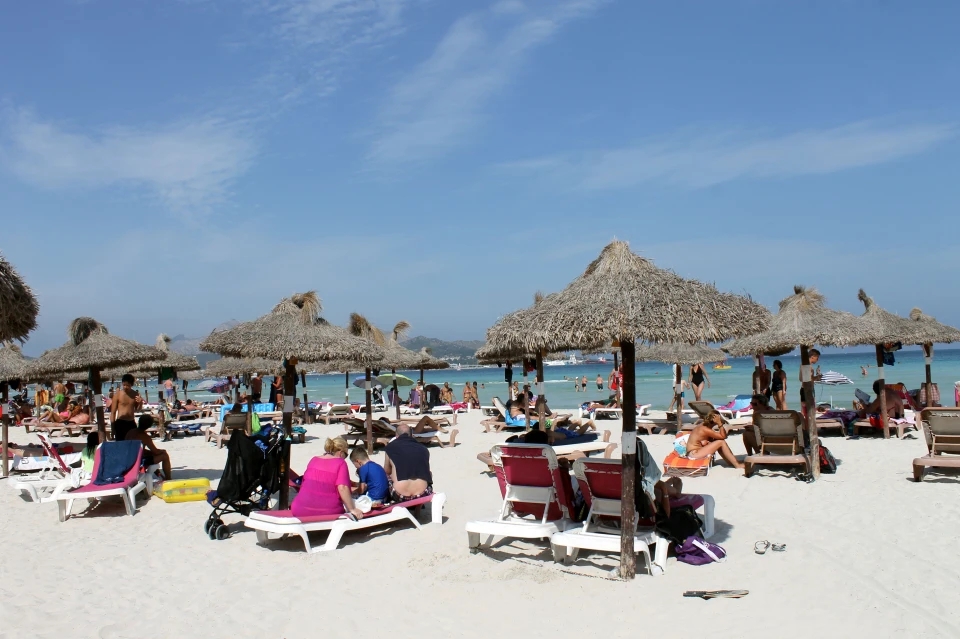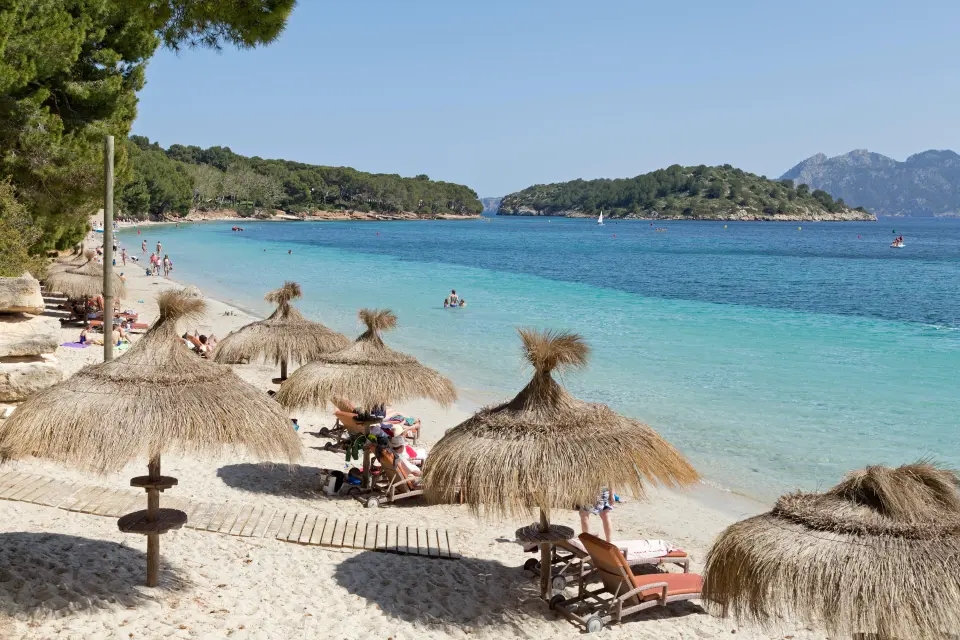TRAVEL rules in Spain are changing from next month, so Brits with holiday plans must keep up-to-date with the latest Covid restrictions.
Rules vary across Spain, the Canary Islands and the Balearic Islands so make sure you know what the rules are in part of Spain that you’re visiting.

The biggest travel change will come in on February 1 when Spain will only permit Brits who can prove they were fully vaccinated against Covid to enter the country.
This means arrivals cannot use a negative Covid test or proof of recovery to enter.
Families planning a half term holiday to Spain face additional problems as kids must be fully vaccinated to enter.
Currently, Spain is letting in anyone who has had both jabs, without the need for a negative test or to quarantine.
Many kids aged between 12 and 17 are yet to be fully vaccinated – meaning they have no other way of being allowed into the country, even if they have evidence of recovery.
The rule will prevent many families from jetting off to Spain over the half term break.
Not only that, but arrivals must have either had their second jab with the last 270 days – nine months – to enter, or to have had their booster since then.
The booster must have been given more than 14 days before travelling.
The new requirement may cause problems for Brits who haven’t yet had their booster and are hoping to visit Spain during half term.
Vaccinated Brits who had their second jab more than nine months ago but not yet had their booster must get it by January 31 to enter Spain during the holidays.
Here are the other rules within parts of Spain to also be aware of before you jet off for a break.
Murcia
The Spanish city Murcia has additional Covid restrictions in place until February 4.
Indoor capacity for hospitality and nightlife businesses in Murcia is capped at 75 per cent, according to English speaking Spanish news outlet The Olive Press.
Dancing is banned, no more than 10 people can sit together indoors or 12 people outdoors and non-essential business must be closed between 1am and 6am.
Canary Islands
The Canary Islands are currently operating under different levels of Covid alert.
Tenerife, La Palma and Gran Canaria are on the highest level of Covid alert at Level 4, and restrictions are increasing.
Nightclub capacity is being slashed to just 25 per cent and beaches are limited to 50 per cent capacity, with appointments required for people who want to visit the beach.
A maximum of six people can meet up indoors or outdoors and residents and visitors are not allowed access to spas and saunas.
Covid passports must be shown to get inside all establishments.
Lanzarote and Fuerteventura remain on Level 3.
Balearic Islands
The Balearics are using a Covid alert level system similar to the Canary Islands.
Majorca, Menorca, Ibiza and Formentera, are on Level 3 Covid alert – the second highest risk level.
Under Level 3 rules, only two people can sit together at a restaurant, regardless of whether they are from the same household.
there is some hope for half term holidaymakers, as Transport Secretary Grant Shapps confirmed that all Covid tests for vaccinated Brits will be scrapped from February 11.
We’ve rounded up the 34 countries Brits can enter without needing any Covid tests







